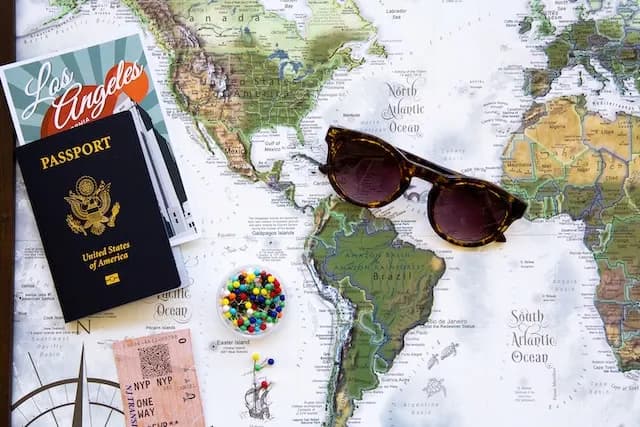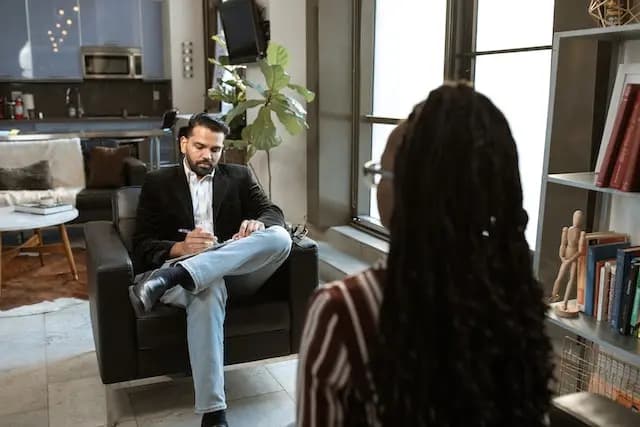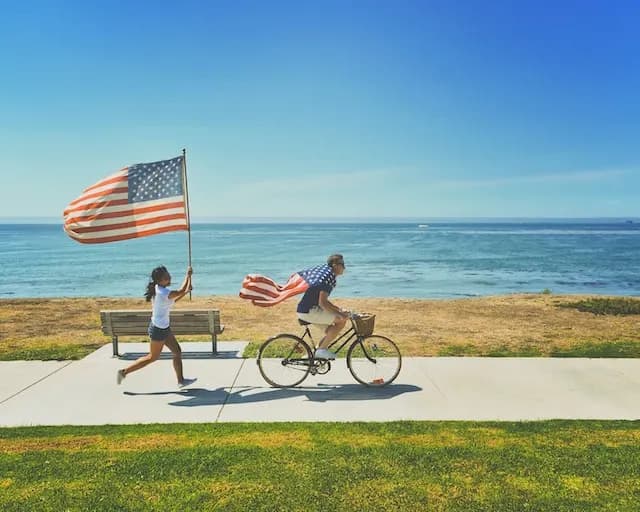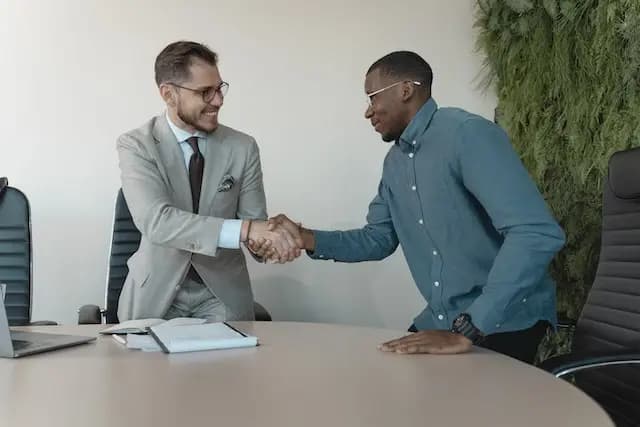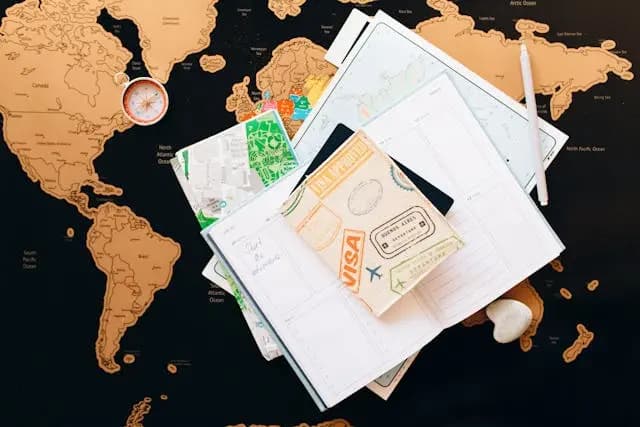7 Mistakes NOT to Make in Your US Visa Interview

Key Highlights
- Prepare thoroughly for the US visa interview to appear confident and genuine.
- Provide concise answers; avoid overly detailed or unrelated responses.
- Only present additional documents when requested by the consular officer.
- Emphasize your intent to return home after your visit; avoid implying plans to overstay or work.
- Listen actively and avoid interrupting the interviewer during the session.
- Dress appropriately in semi-formal attire to create a positive first impression.
- Maintain a calm demeanor; avoid arguing with the consular officer.
The excitement of traveling to the US is palpable! Whether you're a student eager to study in a prestigious university, work at a US company, a traveller with a keen eye on the Statue of Liberty, or someone hoping to meet loved ones, the US offers a wide range of experiences. But before you pack your bags and jet-set, there's a crucial hurdle to cross—the US visa interview.
Did you know that many applicants face setbacks because of small, avoidable mistakes during their interviews? Fear not! We're here to guide you through the top US Visa Interview Mistakes and how to dodge them, ensuring your ticket to the US is as smooth as American apple pie!
1. Appearing Nervous or Dishonest
Interview Scenario:
John, eager to study in the US, begins his US student visa interview with evident nerves. When asked why he chose a particular university, he stutters and provides a vague answer, "I heard it's good."
Why It's a Mistake:
Consular officers want to ensure that you're genuine about your purpose of visit. Appearing nervous can be misconstrued as having something to hide. A straightforward and honest answer goes a long way.
Solution:
Prepare! Familiarize yourself with common US visa interview questions and practice your responses. It’s okay to feel a bit nervous, but preparation can bolster your confidence.
2. Giving Long, Unrelated Answers
Interview Scenario:
When asked about her plans during her visit to the US, Maria, a US tourist visa applicant, starts describing a detailed itinerary, including a daily breakdown of her three-month stay.
Why It's a Mistake:
While it’s essential to be detailed, going overboard can make it seem like you're overcompensating. The key is to provide clear, concise answers.
Solution:
Stick to the primary purpose of your visit. For instance, "I'm looking forward to visiting major landmarks like the Grand Canyon and Times Square."
3. Offering Extra Documents Unless Asked
Interview Scenario:
Eager to prove his financial stability, Ravi immediately presents bank statements, property deeds, and tax documents without being prompted during his US visitor visa interview.
Why It's a Mistake:
This could make it seem like you're trying too hard to prove your authenticity, which can raise suspicions.
Solution:
Hold onto your documents until the officer asks for them. Always have them ready but produce them only when prompted.
4. Implying Intent to Overstay or Work
Interview Scenario:
Sophie, in her US tourist visa interview, mentions she might consider job opportunities if she likes it in the US.
Why It's a Mistake:
This can instantly red-flag your application. Tourist visas are strictly for visiting; implying otherwise can lead to denial.
Solution:
Always emphasize your intent to return home after your visit. Highlight ties to your home country, such as family, job, or property.
5. Interrupting the Interviewer
Interview Scenario:
Keen to provide an explanation, Ahmed interrupts the officer midway through a question during his US student visa interview.
Why It's a Mistake:
Interrupting can come off as rude or disrespectful.
Solution:
Practice active listening. Let the interviewer finish speaking before you respond.
6. Dressing Inappropriately
Interview Scenario:
Anita shows up for her US visitor visa interview in a casual tank top and flip-flops.
Why It's a Mistake:
First impressions matter. Inappropriate attire can reflect a non-serious attitude.
Solution:
Opt for semi-formal attire. Think of the interview as a job interview; dress to impress but maintain comfort.
7. Aggressively Arguing with the Officer
Interview Scenario:
During his US visitor visa interview, when questioned about the duration of his stay, Raj becomes defensive. He begins to argue about the legitimacy of his intentions, raising his voice and waving his hands animatedly.
Why It's a Mistake:
Aggressive behavior is likely to be perceived as confrontational and disrespectful. It's crucial to remain calm and composed, even if you believe the officer misunderstood or misinterpreted something.
Solution:
Always maintain a calm demeanor. If there's a misunderstanding, clarify politely without raising your voice or making aggressive gestures. Practicing potential answers to challenging questions beforehand can also help you navigate such situations more gracefully.
In Conclusion:
Whether you're avoiding "US Student Visa Interview Mistakes", dodging "US Tourist Visa Interview Mistakes", or steering clear of general "US Visa Interview Mistakes", it's all about presenting yourself as a genuine visitor with clear intentions. Your demeanor, preparation, and responses should reflect your genuine intent to study, visit, or engage in permitted activities in the US and then return home.
Remember, every "US Visitor Visa Interview Mistake" is an opportunity to learn and grow. Familiarize yourself with these potential pitfalls and craft your strategy to ace that interview. Your US journey is just around the corner, and with the right preparation, there's no stopping you! Safe travels and best of luck with your visa interview! 🗽🇺🇸
Have Questions About This Topic?
Join our community to get personalized advice and share experiences with others going through similar visa processes.
